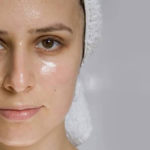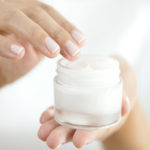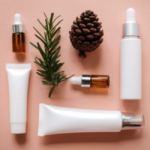Enlarged Pores: Understanding the Causes and Effective Remedies
– Oily Skin: Naturally oily skin and overactive sebaceous glands can lead to enlarged pores. Excess oil, or sebum, mixed with dirt and debris, clogs pores and leads to blackheads, making pores appear larger.
– Aging: As we age, our bodies produce less collagen, leading to a loss of elasticity and enlarged pores. The skin becomes less supple and resilient, contributing to the appearance of larger pores.
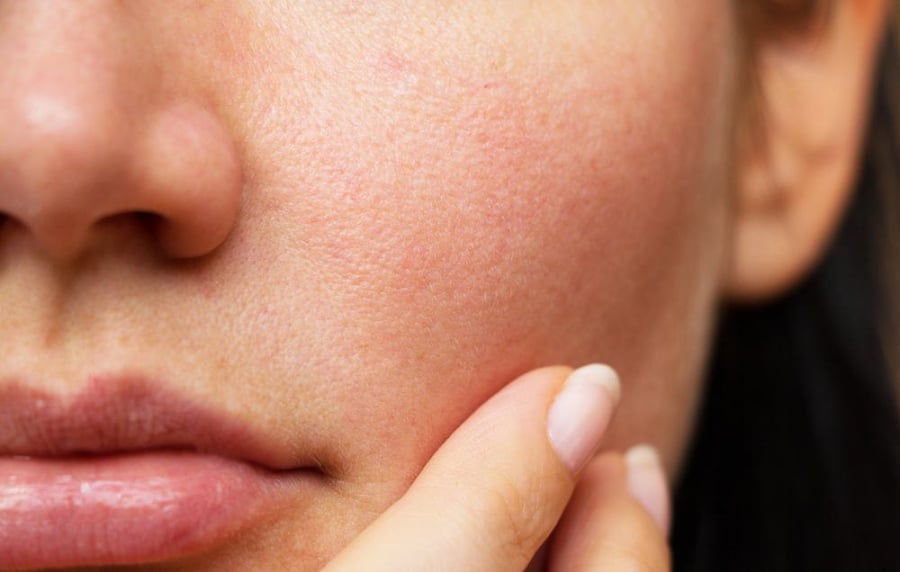
Excess Oil and Dirt Clog Pores, Leading to Blackheads and Enlarged Pores
– Hormonal Changes: Fluctuating hormone levels, especially during puberty, pregnancy, or menopause, can also contribute to enlarged pores and increased acne breakouts.
– Skin Care Habits: Poor hygiene and skin care routines can impact pore size. Dead skin cells and sebum buildup within pores can stretch and enlarge them over time.
– UV Ray Exposure: Prolonged exposure to the sun’s ultraviolet rays can cause skin thickening and cell buildup around pores, pulling at the pores and making them appear larger.
– Genetics: Genetics play a role in pore size as they influence hormone levels, which in turn affect sebum production. Individuals with a genetic predisposition may have larger pores due to increased oil production.
Effective Ways to Minimize the Appearance of Enlarged Pores
– Cleanse Your Skin: Proper cleansing is essential. Use a gentle makeup remover and a suitable facial cleanser to eliminate excess oil, dirt, and makeup residue from the surface of your skin.
– Hydrate Your Body: While using serums and moisturizers is crucial for hydrating your skin and controlling oil production, it’s also important to hydrate from within. Aim for a daily water intake of 1.5 to 2 liters to promote supple, healthy skin and regulate sebum production.
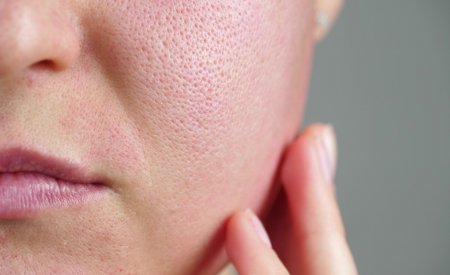
Adequate Water Intake Helps Keep Skin Hydrated, Healthy, and Balanced
– Exfoliate Regularly: Incorporate exfoliation into your skincare routine to remove built-up sebum and dead skin cells from pores. Choose physical or chemical exfoliants but be cautious not to over-exfoliate, as this can damage the skin’s protective barrier. Twice-weekly exfoliation is generally recommended to maintain healthy skin.
– Introduce Retinol: Retinol products can help improve skin texture and tone by unclogging pores and boosting hydration. However, it is always advisable to consult a dermatologist or skincare specialist before introducing retinol into your skincare regimen.
– Boost Collagen Production: As we age, collagen production declines, affecting the skin’s elasticity. Consider collagen-rich foods or oral supplements to support your body’s natural collagen production and improve skin resilience.


























